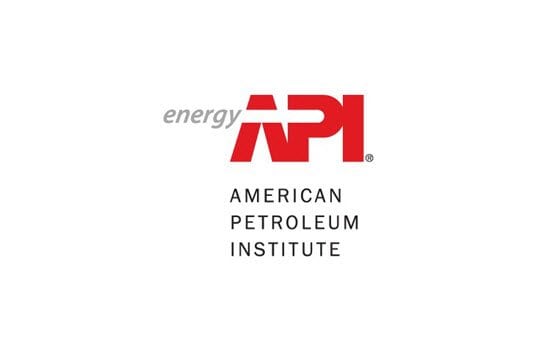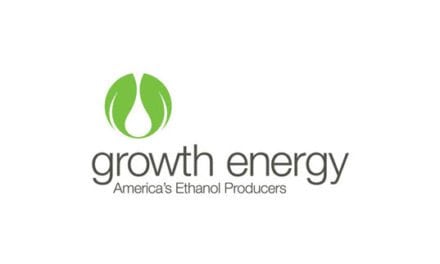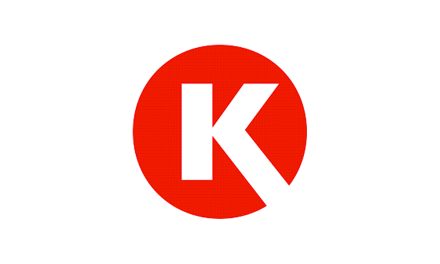Total petroleum deliveries in July moved up by 4.9% from July 2016 to average nearly 20.7 million barrels per day. These were the highest July deliveries in 10 years, since 2007. Compared with June, total domestic petroleum deliveries, a measure of U.S. petroleum demand, increased 1.6%. For the year to date, total domestic petroleum deliveries moved up 1.3% compared to the same period last year.
The overall economy in the U.S. showed gains in July, adding 209,000 jobs, according to the Bureau of Labor Statistics (BLS). The U.S. unemployment rate and the number of unemployed persons remained essentially unchanged at 4.3% and 7.0 million, respectively.
“Strong demand for petroleum is a good sign for the economy, which grew for the 98th consecutive month,” said API Director of Statistics Hazem Arafa. “American workers and consumers continue to benefit from these positive economic signs along with relatively low fuel prices.”
Gasoline deliveries were up from the prior month and the prior year to reach an all-time high in July. Total motor gasoline deliveries, a measure of consumer gasoline demand, increased 1.0% from July 2016, to average nearly 9.7 million barrels per day. Compared with June, total motor gasoline deliveries increased 0.8 percent. For the year to date, total motor gasoline deliveries decreased 1.0% compared with year-to-date 2016 to the second highest year-to-date level at 9.2 million barrels per day.
U.S. crude oil production continued to rise and was above 9.0 million barrels per day for the sixth consecutive month. Domestic crude oil production in July increased from the prior month, the prior year and the prior year to date to reach its highest July output level in 45 years, since 1972. Domestic crude oil production increased 0.9% from June and was up by 8.6% from July 2016 to average 9.4 million barrels per day in July.
For the year to date, crude production increased 2.0% compared with year-to-date 2016, and was the second highest year-to-date level in 44 years, since 1973. Natural gas liquids (NGL) production, a co-product of natural gas production, was up from the prior month, the prior year and the prior year to date. NGL production in July averaged nearly 3.7 million barrels per day, up 1.0% from last month, 2.6% from last year and 3.1% from last year to date. This was the highest July output level on record.
U.S. total petroleum imports decreased 3.8% from June and decreased 6.2% from July 2016 to average just below 9.9 million barrels per day in July. These were the lowest imports for the year. For the year to date, total petroleum imports were up 2.7% compared with year-to-date 2016. Crude oil imports decreased 4.8% from July 2016 to 7.7 million barrels per day in July.
Compared with June, crude oil imports were 3.5% lower. For the year to date, crude imports were up 3.9% compared with year-to-date 2016. Refined product imports decreased 4.8% from the prior month and decreased 10.9% from the prior year to nearly 2.2 million barrels per day in July. Compared with year-to-date 2016, refined product imports were down 1.4%. These were the lowest July imports in three years, since 2014.
The American Petroleum Institute (API) is the only national trade association representing all facets of the oil and natural gas industry, which supports 9.8 million U.S. jobs and 8% of the U.S. economy.









